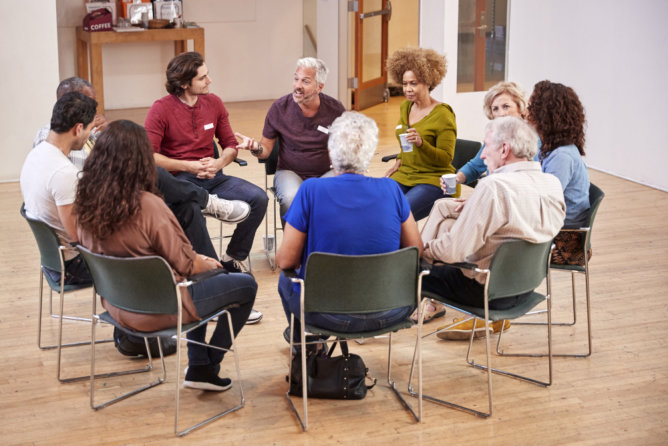
Change is an inevitable part of life, and as we grow older, we often find ourselves confronted with significant losses and transitions. Whether it’s the passing of loved ones, declining health, or adjusting to retirement, these changes can be emotionally challenging to navigate. However, by adopting effective coping techniques, seniors can better manage these transitions and maintain their mental and emotional well-being.
Maintaining a solid support system is one essential coping technique for coping with loss and change in later life. Surrounding oneself with understanding family members, friends, or support groups can provide comfort and companionship during difficult times. Sharing experiences and feelings with others who empathize can alleviate feelings of isolation and helplessness.
Additionally, participation in a health empowerment program in Massachusetts tailored to the needs of seniors can offer valuable resources and support. These programs often promote holistic well-being through educational workshops, social activities, and access to community resources. By engaging in such programs, seniors can enhance their resilience and coping skills while also fostering connections with peers facing similar challenges.
Another valuable coping strategy is practicing self-care. Engaging in activities that promote physical health, such as regular exercise and a balanced diet, can positively impact mental well-being. Additionally, dedicating time to hobbies, interests, and relaxation techniques like meditation or mindfulness can offer a sense of purpose and tranquility amidst life’s changes.
Furthermore, embracing resilience is crucial for coping with loss and change. Resilience involves adapting to adversity and bouncing back from setbacks. Seniors can cultivate resilience by maintaining a positive outlook, finding meaning in difficult experiences, and seeking opportunities for personal growth.
Seeking professional support is also important for seniors coping with significant life changes. Therapists, counselors, or support groups specializing in elder care can offer guidance, validation, and coping strategies tailored to individual needs. Public health consulting services may also provide valuable insights and resources for addressing the unique health needs of seniors in the community.
In conclusion, coping with loss and change in later life requires a multifaceted approach that encompasses social support, self-care, resilience, and professional guidance. By incorporating these coping techniques into their lives, seniors can navigate transitions with greater resilience, maintain their mental and emotional well-being, and embrace the journey of aging with grace and strength.
Ready to empower yourself or a loved one to cope with life’s changes? Contact Casimir Public Health Empowerment today. As a trusted organization of community health research in South Attleboro, Massachusetts, we’re dedicated to supporting seniors in navigating transitions and maintaining their well-being. Reach out to us now to learn more about our tailored health empowerment programs and how we can assist you. Your journey towards resilience starts here.



Leave a Reply